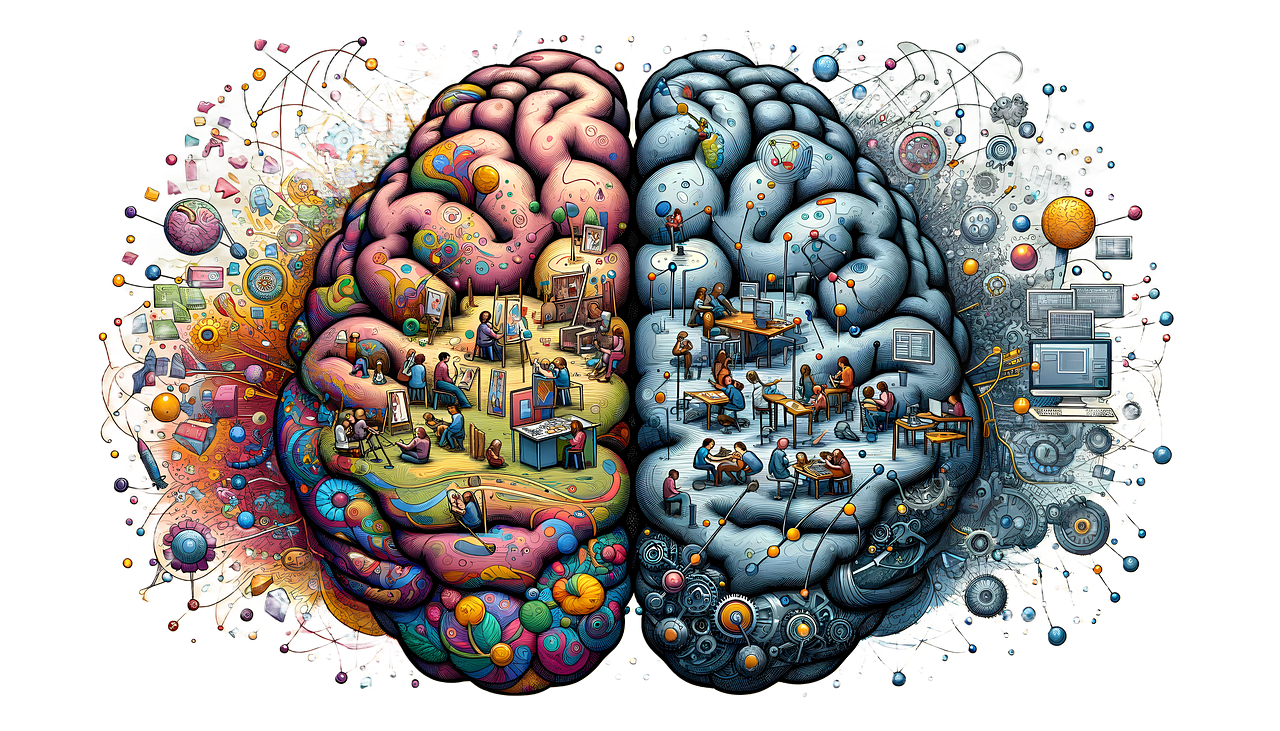If You Learn Self-Control: Mastering Discipline for a Fulfilling Life
Estimated reading time: 6 minutes
- Self-control is foundational for personal development.
- Understanding the “hot/cool system” enhances discipline.
- Trust dynamics in relationships are crucial for self-control.
- Implementing actionable strategies fosters emotional regulation.
- Regular accountability measures can boost personal discipline.
Understanding Self-Control and Discipline
Self-control is increasingly recognized as a form of emotional regulation rather than just an exercise in resisting temptation. According to studies, discipline is more effectively understood through the “hot/cool system” framework established by Metcalfe and Mischel in 1999. This model highlights two distinct cognitive processes crucial for mastering discipline:
- The “Cool” System: This represents a slower, logical way of thinking that aligns with long-term objectives. It requires conscious planning and a stable environment to foster effectiveness in decision-making.
- The “Hot” System: In contrast, this denotes our impulsive, emotion-driven responses that can undermine our discipline. Overacting instinctively usually leads to poor choices that sabotage our goals.
To build discipline, it is essential to strengthen the cool system. This can be achieved through developing routines and environments that support our objectives (source).
The Self-Relationship Paradigm
Samson Zhang introduces an intriguing perspective on discipline through his conscious-unconscious trust model, which defines discipline as a feedback loop between our cognitive selves (source). Here’s how this model plays out:
- Conscious Planning: Specific task and time-blocking can create accountability and consistency, a crucial factor in building self-control.
- Unconscious Trust-Building: Following through on your commitments helps condition your unconscious mind to offer support and motivation when needed. This reciprocity enhances self-discipline.
- Recognizing Failure Consequences: When the unconscious mind perceives resources as wasted, procrastination may occur, leading to a breakdown of trust between your cognitive selves.
Understanding this dynamic fosters the belief that discipline is not just about the tasks you accomplish but rather the relationship you hold with yourself and your commitments.
Building Self-Control in Relationships
Discipline is not only a personal journey; it also plays a critical role in interpersonal relationships. The ability to exercise self-control within the context of social dynamics compels us to focus on shared accountability (source; source).
- Emotional Regulation: Managing your reactions during conflicts can preserve harmony in relationships.
- Trust Dynamics: Reliability between partners enhances their capacity for collective discipline.
- Effective Communication: Structured dialogues, such as regular check-ins, help activate the cool system to provide constructive outcomes, ultimately fostering trust.
The Role of Trust in Discipline
Kidd et al. (2013) illustrate that the reliability of our environment has a direct impact on our capacity for discipline. The following table shows the dichotomy between stable and unstable environments:
| Stable Environment | Unstable Environment |
|---|---|
| Predictable rewards allow for delayed gratification. | Uncertainty encourages impulsive decisions. |
Establishing a reliable environment—whether in personal routines or relational dynamics—builds a foundation for lasting self-discipline (source; source).
Practical Strategies for Developing Self-Control
Implementing practical techniques can dramatically strengthen your self-control and, consequently, your discipline. Here are some actionable strategies:
- Micro-Commitments: Break down tasks into smaller, manageable 15-minute increments. This practice helps build trust with your unconscious mind by starting small and gradually increasing your commitment (source).
- “If-Then” Planning: Pre-determine your responses to triggering situations. For instance, saying “If I feel angry, I will pause for 10 seconds” helps navigate emotional landscapes more effectively (source).
- Progress Tracking: Keeping track of small wins cultivates the cool system’s influence in your life, reinforcing positive behavior patterns over time (source; source).
By analyzing insights from various credible sources, it becomes evident that self-control intertwined with trustworthiness assessments—whether they focus inwardly or outwardly—develops a foundation for sustained discipline (source; source).
Practical Takeaways
- Use the hot/cool system framework to identify areas where you can improve your decision-making processes.
- Foster a conscious-unconscious relationship through regular accountability measures, allowing yourself to succeed in small steps.
- Develop shared accountability in relationships to bolster emotional regulation and overall well-being.
Conclusion
The journey of self-control is an integral part of establishing a disciplined life, and it is essential to understand its mechanisms, both intrapersonally and interpersonally. By utilizing behavioral frameworks and practicing effective relationship strategies, you can forge a path towards personal excellence. Remember, discipline is not merely an endpoint but a continuous feedback loop of trust and accountability.
Call to Action
Interested in learning more about building self-discipline and self-control? Explore our other insightful articles at Discipline Builder, where we empower you with the knowledge and tools to achieve your goals.
Disclaimer: This article is for informational purposes only and does not constitute professional advice. Always consult a qualified professional before making significant changes in your life.
FAQ
What is self-control?
Self-control is the ability to regulate one’s emotions, thoughts, and behaviors in the face of temptations and impulses.
How can I improve my self-discipline?
Improving self-discipline can be achieved by setting clear goals, keeping track of progress, and using strategies like micro-commitments and “if-then” planning.
What’s the relationship between self-control and emotional regulation?
Emotional regulation is a key component of self-control, allowing individuals to manage their reactions and impulses effectively.
